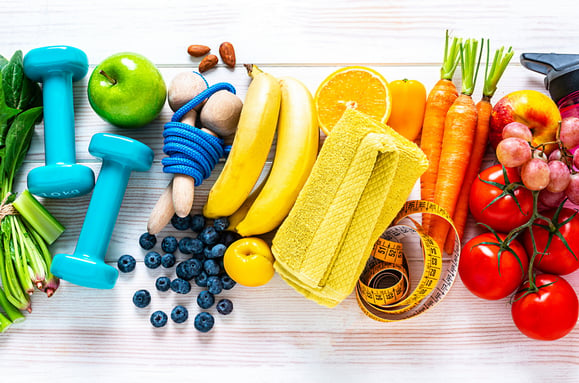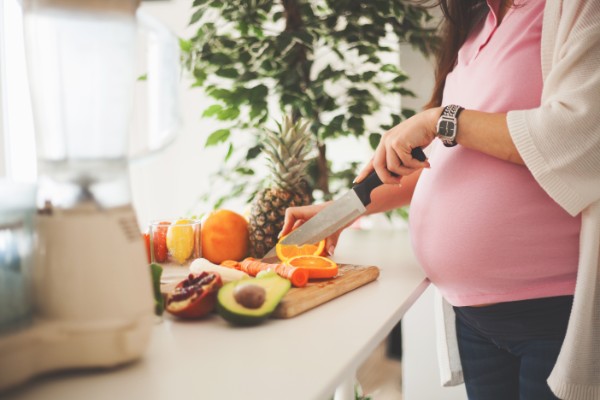

NUTRITION FOR THE PELVIC FLOOR
A well-balanced diet is an integral part of healing your pelvic floor dysfunction holistically. The right foods and nutrition can promote the health of your pelvic floor which will then lead to a decrease in pelvic pain.
Our Integrative and Functional Nutritionist can help you dial in your diet and program a suitable nutrition plan for you.
Foods to Eat
Anti-inflammatory or foods that aid digestion
Drink plenty of water
Herbal/Caffeine-free teas
Low-acidic fruits and veggies: apricots, melons, bananas, and carrots
Certain spices: turmeric, garlic, ginger, lemon zest, and parsley
Fish high in Omega-3 fatty acids
Healthy fats from olive oil, coconut oil, avocados, ghee, and nut oils
High-fiber foods: whole grains, fruits, nuts, seeds, vegetables, and legumes
Foods to Avoid
Foods that irritate the pelvic region and bladder
Caffeinated beverages
Carbonated beverages: soda
Alcohol
Highly acidic fruits and veggies: tomatoes, cranberries, and oranges
Spicy foods
Artificial sugars and sweeteners: ex – Splenda
"I think of exercise as the father of the body and nutrition as the mother."
- Mandy Ingber


NUTRITION DURING PREGNANCY


Having a balanced diet is always important, but even more important while you are pregnant as the foods you put in your body are the main source of nutrients for your baby. Many pregnant women do not get enough of vital nutrients such as iron, folate, calcium, vitamin D, or protein. These needs can usually be met with a healthy balanced diet that includes plenty of fruits, vegetables, whole grains, and proteins.
During pregnancy, it is recommended that women gain the appropriate amount of weight, maintain a balanced diet, take the appropriate vitamin and mineral supplementation, eat approximately 300 extra calories per day, keep sweets and fats to a minimum, and drink plenty of fluids. In addition to promoting health in the mother and the baby, a well-balanced diet can help reduce some unpleasant pregnancy symptoms such as nausea, heartburn, bloating, and constipation. If you need more information or want someone to guide you through your nutritional needs, our nutritionist can help you.




